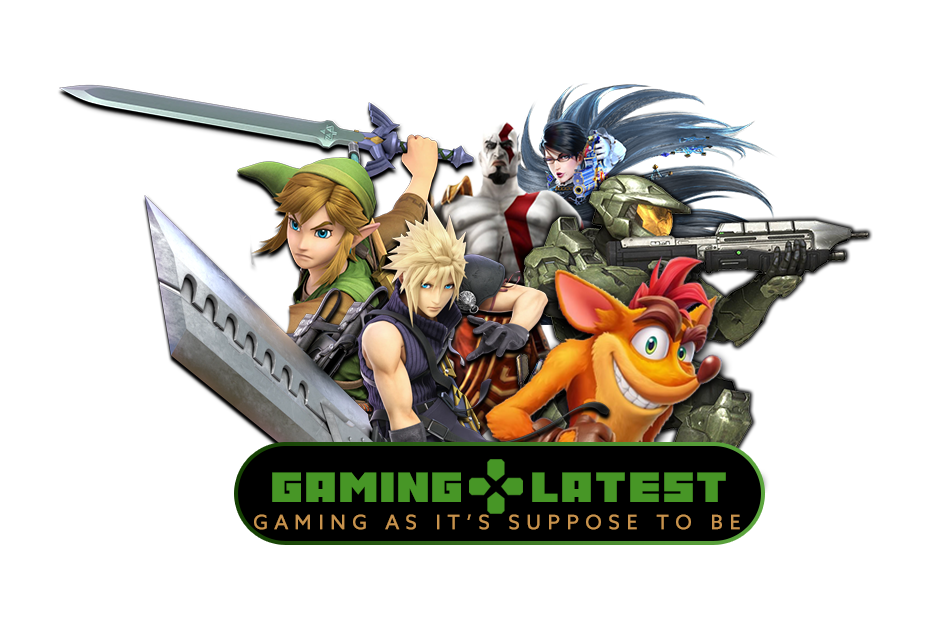Download code offers on physical games may always exist, but download codes may become less popular when game disc and cartridges storage space become larger where it can hold more than one game.
When a single new video game disc and cartridge can hold many hundred gigabytes and terabyes of data on an affordable storage disc or memory card cartridge, some video game companies will bundle two games on one game disc or cartridge to store two or more games.
It probably does not cost much more money to include two game discs or cartridge in one physical box like how Final Fantasy 8 was a multi-disc game for the original Playstation 1. The cost of discs and memory card cartridges are cheaper these days, so it may cost even less money to bundle an extra game disc or cartridge.
I think download codes, and offers to download older games which come with physical new games are somewhat annoying if you are on a limited internet plan which has slow download speeds like 5 Mbps and a data limit of 100 GB of bandwidth per month. Plus, typing in those long game download codes are annoying on a controller keyboard.
Some game companies may include physical version of older games instead of download digital versions, so game companies have a better relationship with physical game buyers who bought the physical version of the game, so game buyers are more likely to be repeat game buyers because a new game come with a older physical game instead of a digital download code for an older game.
When a single new video game disc and cartridge can hold many hundred gigabytes and terabyes of data on an affordable storage disc or memory card cartridge, some video game companies will bundle two games on one game disc or cartridge to store two or more games.
It probably does not cost much more money to include two game discs or cartridge in one physical box like how Final Fantasy 8 was a multi-disc game for the original Playstation 1. The cost of discs and memory card cartridges are cheaper these days, so it may cost even less money to bundle an extra game disc or cartridge.
I think download codes, and offers to download older games which come with physical new games are somewhat annoying if you are on a limited internet plan which has slow download speeds like 5 Mbps and a data limit of 100 GB of bandwidth per month. Plus, typing in those long game download codes are annoying on a controller keyboard.
Some game companies may include physical version of older games instead of download digital versions, so game companies have a better relationship with physical game buyers who bought the physical version of the game, so game buyers are more likely to be repeat game buyers because a new game come with a older physical game instead of a digital download code for an older game.
Last edited:


